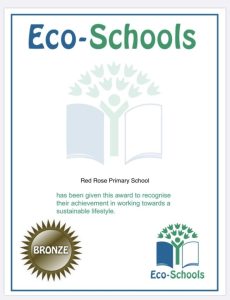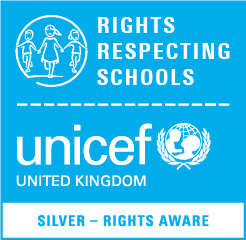Most children and young people in mainstream schools will have their special educational needs met through good classroom practice. This is called Quality First Teaching.
Early Identification of Need
In deciding whether to make special education provision to support educational, social, physical or emotional needs, we:
Use a graduated approach to identify any needs. The first thing we need to do when we feel we have identified a child as having SEN is to work in partnership with our parents to establish the support we feel their child needs here at school.
We will use appropriate screening assessment tools, and ascertain pupil progress through:
- Evidence obtained by teacher observation/assessment.
- Working with outside agencies including medical professionals.
- Assessing the child’s performance in National Curriculum against age related expectations.
- Monitoring the pupil’s progress in relation to objectives in the National Literacy / Numeracy Curriculum.
- Use of standardised screening and assessment tools, such as Salford Reading.
SEN Support
Where a pupil is identified as having a special educational need we follow a graduated approach which takes the form of cycles of “Assess, Plan, Do, Review”.
This means that we will take a graduated approach with the steps outlined below:
- Assess a child’s special educational needs
- Plan the provision to meet your child’s aspirations and agreed outcomes
- Do put the provision in place to meet those outcomes
- Review the support and progress
As part of this approach every child with SEN will have an individualised SEN Support Plan that describes the child’s needs, outcomes & provision to meet those needs. Parents/carers and child/YP (where appropriate) views are integral to the this process.
A small percentage of children and young people with significant and/or complex needs may require an assessment that could lead to an Education, Health and Care Plan.
An Education, Health and Care Plan (EHCP): Children who are considered as having significant difficulties may be entitled to apply for an Education, Health and Care Plan. These were formally known as statements. From September 2014, statements ceased to be issued and EHCPs are issued in their place. EHCPs are set up by the Local Authority but are monitored by the school, parents/carers and external professionals where appropriate at least annually. Interim meetings are held with parents on at least two other occasions throughout the year.
An application for an EHCP can be made by the school or by a parent. If a parent wishes to make an application for the Local Authority to consider an EHCP they can be supported in this process by the school or by SENDIASS – the information and support group which exists to support parents and carers of children with SEND. They can be contacted on the Durham SEND Information Advice and Support Service website.
For more detailed information see the Local Offer
Details of Identification and Assessment of Pupils with SEN
We identify the needs, initially through Quality First Teaching and then after needs have been identified support is put in place and monitored.:
- Assessments are made against the four areas of need and nif an SEN is identified, parents are informed through a short note.
- If a need is identified then a short SEN plan will be implemented
- All assessments are carried out through Quality First Teaching and through any additional support that is given. We then record on in-school tracking system to monitor the progress of the pupil.
- Parents are informed through regular reviews of short SEN plans.
- Parents can approach the school and, though ‘playground discussion’ or more formal appointments and raise any concerns. We will deal with any issues as the need arises.
In order to respond to individual needs we:
- All pupils have access to the appropriate curriculum.
- Needs are reviewed regularly through the SEN and EHC plans.
- These reviews are carried out with parents/carers and pupils.
- Additional support can be through
- In class support
- Small groupings
- 1:1 support at times
- Outside agencies i.e. sports coaches, movement team.
- Regular lesson observations and book scrutinies are carried out and SEN is a focus for the observations, to ensure that the provision is meeting the need
- Where there are particular needs that can cause risk, we would carry out a risk assessment.
- Through the National Curriculum assessments, we apply for and provide support during the tests for example extra time, or scribe or regular breaks to support the pupils during the tests.
For further information please view or download our Accessibility Plan which can be found in the School Policies section of our website.








